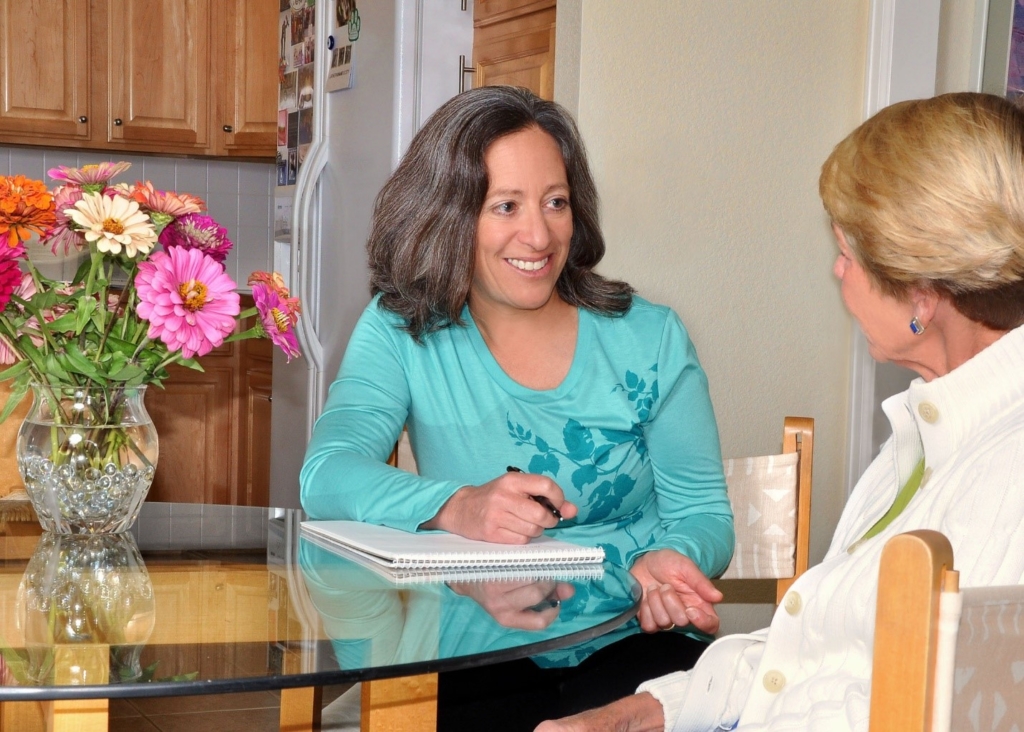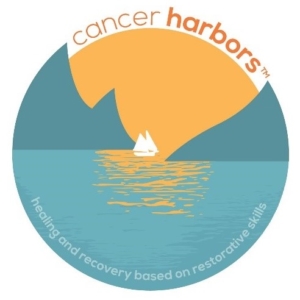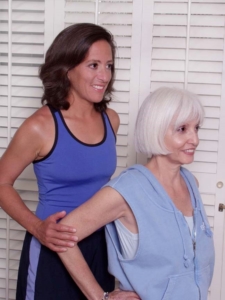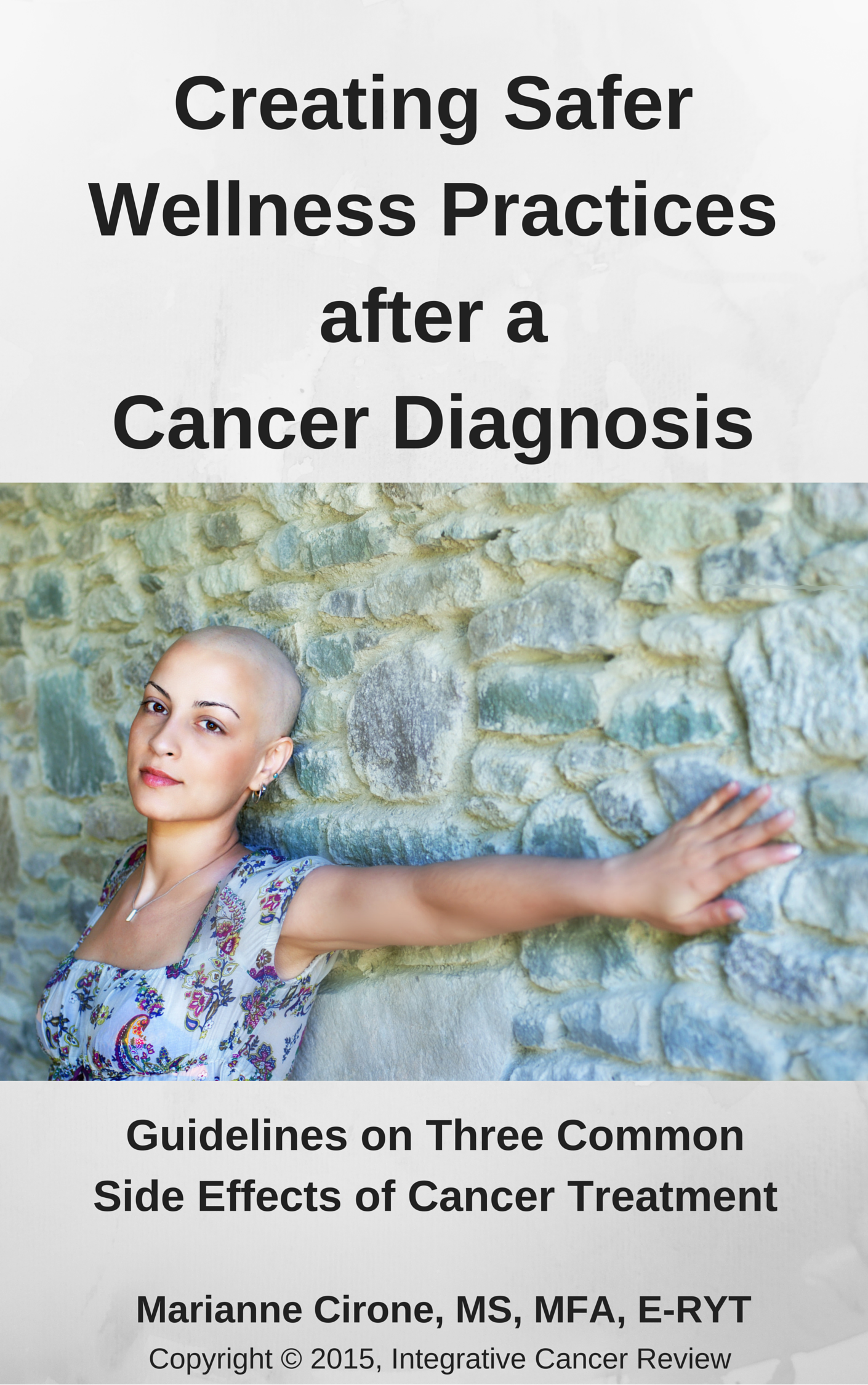
An Interview by Marianne Woods Cirone, MS, MFA, CYT-500 with Alene Nitzky, Ph.D., RN, OCN ®, Founder of Cancer Harbors™.
Listen to the full interview with Alene here:
Life after active cancer treatment ends can be more confusing than the time spent in active treatment. Two of the biggest concerns of cancer survivors after treatment are often the fear of recurrence and coping with the fatigue while having no knowledge of when they might feel better. Luckily, help is available, even for those who live outside of major cities. Alene Nitzky, Ph.D., RN, OCN founded Cancer Harbors™ to assist people in gaining more control over restoring their health after cancer treatment.
“The question that needs to be asked is, “How are you feeling, functioning, and re-adjusting to life as a result of cancer?”
— Alene Nitzky, Ph.D., RN, OCN ®, Founder of Cancer Harbors™
Cancer Harbors™ is an online program designed to provide guidance and support for a year any time after cancer treatment has been finished. It fills that gap in support and guidance for the time when people finish treatment and are under the careful watch of their oncologist and then find themselves back in the community trying to go back into their regular lives. That time can be very stressful for people, so Cancer Harbors™ is an everyday life, practical, skill-oriented program. It addresses a lot of the common issues: ongoing symptoms, fatigue and anxiety, setting realistic recovery goals, and the many social and psychological issues that go along with coming back into the world after being a cancer patient.

“Survivorship care plans include a treatment summary, a follow up visit schedule and some very generic and brief guidelines on healthy behaviors, but there is no guidance or help with what to expect or any structure,” Alene explained. “In today’s healthcare environment of short appointments and rushed encounters, combined with an overabundance of information online, Cancer Harbors™ is a much-needed complement to a doctor’s care. It takes a holistic approach to restore and rebuild overall well-being, functioning, and quality of life.”
Alene’s background includes a blend of specific skills and experiences which blend together perfectly for the type of work that she is doing at Cancer Harbors™. She is an oncology certified nurse who also went to graduate school for exercise physiology and earned a PhD in Recreation Resources, studying the health benefits of leisure activities in her doctoral program. After teaching exercise science at the college level, Alene coached athletes, and started her own training program for people with chronic health conditions.
Combining exercise science and physiology with the social science-oriented aspects of leisure benefits, Alene offers a complement of skills. She started to work with clients with health issues and provided great improvements to her clients in quality of life that were not served by medicine. Cancer Harbors™ helps members learn to manage their overall health with independence and confidence so they can have better results from their efforts to stay well.
“People actually become more active, and learn self-advocacy as opposed to being in the more dependent patient role, there is a lot of education involved in improving health habits in general.”
 There are two branches to the Cancer Harbors™ services. Cancer Harbors™ offers options of activity-based modules that help people transition out of cancer treatment and move forward into a more restored life. There are self-paced, video-enhanced programs with a video conference platform to interact with Alene, or there is individual coaching with Alene. At this time, these are both private pay services, not covered by insurance yet, but can be given as a gift and in the future, Cancer Harbors™ may also partner with nonprofits to give these services to cancer survivors. Alene says that the price of the monthly program is currently $20 per month or $220 per year.
There are two branches to the Cancer Harbors™ services. Cancer Harbors™ offers options of activity-based modules that help people transition out of cancer treatment and move forward into a more restored life. There are self-paced, video-enhanced programs with a video conference platform to interact with Alene, or there is individual coaching with Alene. At this time, these are both private pay services, not covered by insurance yet, but can be given as a gift and in the future, Cancer Harbors™ may also partner with nonprofits to give these services to cancer survivors. Alene says that the price of the monthly program is currently $20 per month or $220 per year.
People in treatment could potentially use the program, but Alene recommends that people in treatment use the Cancer Harbors™ individual coaching services for more individualized guidance.
“My objective is really to empower my clientele to take action for themselves for their health, teaching them to advocate for themselves in the healthcare system. Increasing physical activity is a very big part and it is encouraged, it is tied into your ability to think clearly.” Cancer Harbors also helps people become better health consumers and improve health literacy and health media literacy — interpreting what the results of research reported in the media mean and how to look at it with a more critical eye.
Regarding research on the benefits of exercise for cancer survivors, Alene says, “I like the social & cognitive psychology theories of motivation such as self-efficacy, flow, and some of the earlier leisure studies that showed restorative effects of the natural environment, but I think the most important studies have yet to be done, those that look at specific benefits for cancer survivors that come from integrated recovery approaches, and in real-life situations.”
Alene recommends that her clients exercise outdoors when possible, either in solitude or with friends to get the social support benefits. “I like to get people out and moving, so that they are comfortable with moving and can accomplish other things- spiritually, cognitively, creatively, restoratively during that time.”
Alene has worked with a range of clients at many stages of cancer. One of her stories has to do with a patient who is now deceased.
“She had very advanced cancer and was actively dying, and I mean actively- I developed an exercise routine for her that she did in bed on the days when she couldn’t get out of bed. As she was getting closer to death, in the months before she died, it helped her circulation, bowel function, digestion, and relieved some of the pain she was having. She also felt better — she said she felt like she accomplished something. On the good days, she would walk her dog in the neighborhood. On the days when I walked with her, we talked about a lot of the planning for death. They were great conversations, and she clarified a lot of things in her mind,” Alene explained.
“My client exercised all the way to the week before she died. But it was an example of how exercise can really help anyone at any point in their life, even at the very end of life. In retrospect I feel like that might have been for me the most satisfying of all — first, because I could see how it made such a difference for her in the quality of her days, and because we don’t often think about exercise and death going together.”
For fitness and wellness professionals working with cancer survivors, Alene says that people skills are very important, first of all. In addition, she states that knowing about cancer and what is likely to happen after oncology treatments is key, to be able to empathize and be sensitive to what people have gone through, not saying things like, “oh, I would never do that” about their healthcare choices.
“A big problem is that there is so much junk science and bad information out there, it is really important for fitness and wellness professionals to have a certain amount of science literacy and to be able to understand research and to take responsibility for learning about that. It is so easy for even educated people to be misled by media reporting and shoddy science.”
Reaching physicians and oncologists has been somewhat of a challenge for Cancer Harbors™ because of the way that healthcare is set up and the way that physicians have been somewhat shielded. Alene believes that in today’s society, physicians really need to make an extra effort to reach out, to communicate and interact via social media or public health groups, to be able to see what patients are talking about and what everyday life is like for people in survivorship care.
Alene helps to bridge the gap between medical care and survivorship. “Instead of addressing everything with medication and rehabilitation in a clinical setting with reminders of treatment experiences, many people simply need help focusing on their own unique, individual needs, interests, and priorities, sorting out the confusion that can result from cancer or other chronic disease treatment,” Alene says. “Because living is so much more than surviving.”
See Cancer Harbors’ website, Facebook page, and YouTube Channel to learn more about them and their array of services, or contact Alene at info@cancerharbors.com.



















